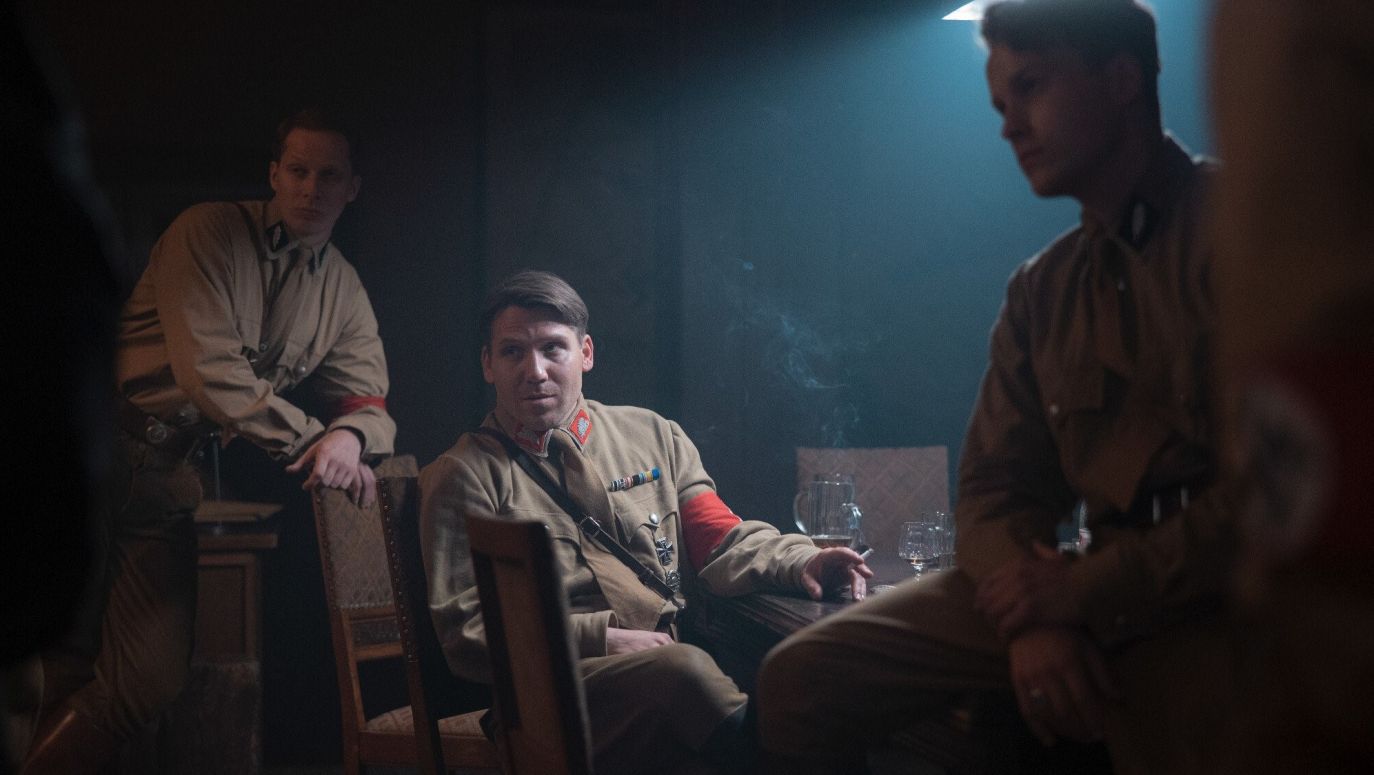Demons of the past have awakened in Germany. Such a conclusion can be made from what happened last week, i.e. the discovery of an anti-state plot…
Behold the world learnt about the existence of the Reich’s Citizens Movement. It planned a coup aimed at establishing a political order that would modeled after the authoritarian regime of the Otto von Bismarck era, a German chancellor in the second half of the 19th Century.
Arrests followed. The German secret service detained, among others, a 71-year-old who uses the title of Henry XIII – his name is Reuss – and is considered to be the leader of the failed putsch. It’s a businessman of noble descent dating back to the Middle Ages. Supposedly he got engaged in anti-state activity due to his being let down by the German state After the unification of Germany he pursued the return of his real estates confiscated by East Germany authorities.
It is to be added that the Reichs’ Citizens do not appeal to German national socialism. Of course, they make up a milieu in which there circulate many conspiracy theories – also those one the machinations of Jewish financiers. Nevertheless their views can be described as Prussian monarchism above all. They rebel against the Federal Republic of Germany. Under their eyes it’s a non-sovereign state – an American colony set up in 1949, subordinated to the interests of global capital.
I associated Henry XIII with a certain figure active in pre-war Germany. The person in question is Alfred Nyssen. He belonged to a dynasty of entrepreneurs, but not of noble descent. Nyssen dreamt of rebuilding his country’s power status. He made plans for Germany to conquer the Universe. And he collaborated with nationalist milieus, including with NSDAP.
The thing is that we are talking here about a fictional character form the “Babylon Berlin” series (shot since 2017). And it came to pass that the news about the coup d’état prepared by the Reich’s Citizens reached me right after I had watched the latest (fourth) season of this production.
“Babylon Berlin” is the most expensive investment in the history of German cinema. It was shot by three directors. Among them there is Tom Tykwer who has to his credit a renowned film “Run Lola Run” (1998) inspired by Krzysztof Kieślowski’s “Blind Chance” (1981).
 SIGN UP TO OUR PAGE
SIGN UP TO OUR PAGE

The action of the series is set in the German capital in the twilight of the Weimar Republic. It is primarily a detective story based on a series of novels by the contemporary German writer Volker Kutscher. The main character of the books is the police commissioner, a veteran of the First World War, Gereon Rath. And the historical background is not without significance here.
Thus, in the series we can see the misery of German society, which later turned out to be one of the important factors in bringing Adolf Hitler to power. Meanwhile, it may seem that at the turn of the 1920s and 1930s nothing had yet been decided. The Nazi movement is just getting stronger. Communists supported by the Soviet Union are also active. In the streets of Berlin, they fight against the national socialists.
Organized crime thrives in the German capital. At the same time, new trends in culture and entertainment come to the fore.
Jazz is gaining popularity. For people in a difficult financial situation, participation in dance marathons is a chance for quick earnings. These are American influences.
But at the same time, the dark side of the German soul becomes more and more visible. Cinematography is developing, in which expressionism is at the forefront. Occultism and parapsychology are fashionable.
Meanwhile, the illegal German military structures – The Black Reichswehr – seek to reverse the results of the First World War. They are trying to circumvent the provisions of the Treaty of Versailles on the disarmament of Germany. They form alliances with the Soviets on the sly in order to secretly arm the German state by exchanging services with them.

 SIGN UP TO OUR PAGE
SIGN UP TO OUR PAGE
 The action of the series is set in the German capital in the twilight of the Weimar Republic. It is primarily a detective story based on a series of novels by the contemporary German writer Volker Kutscher. The main character of the books is the police commissioner, a veteran of the First World War, Gereon Rath. And the historical background is not without significance here.
The action of the series is set in the German capital in the twilight of the Weimar Republic. It is primarily a detective story based on a series of novels by the contemporary German writer Volker Kutscher. The main character of the books is the police commissioner, a veteran of the First World War, Gereon Rath. And the historical background is not without significance here.





